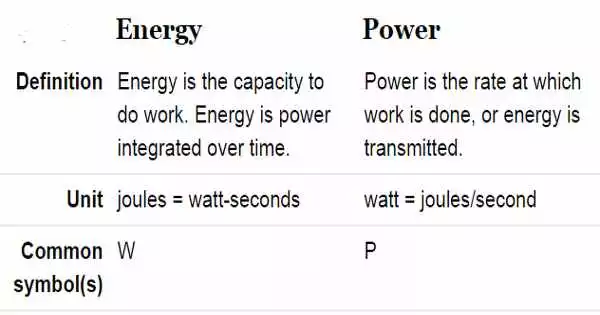Today, both the US Department of Justice and the Securities and Exchange Commission have filed fraud charges against Manish Lachwani, co-founder of Headspin, a mobile app testing company. The SEC said he had violated the fraud provisions, and that the civil penalties he sought included permanent bans, conduct-based bans and a ban on him from serving as a corporate executive or board member. The DOJ, who previously arrested Lachwani, charged him with a count of wire forgery and a count of securities forgery, and if he is found guilty, the penalties are stricter, including a maximum of 20 years in prison and a $250,000 fine for his forgery.
If convicted, he could face up to 20 years in prison and a $5,000,000 fine. Both the SEC and DOJ say that until May last year, six-year-old company chief executive Lachwani had defrauded investors of $80 million, falsely claiming that his company had achieved “strong and steady growth” in Headspin” customer acquisition and revenue” when he launched his series. C was pushing the round towards potential supporters. According to the SEC, its fabrications were designed to help secure the goal in the so-called unicorn evaluation. Dell Technologies Capital, Iconic Capital, and Tiger Global attracted $1.16 billion worth of Palo Alto-based Headspin coverage by releasing the phone in February last year after the company received $60 million in Series C funding.
The DOJ’s federal complaint suggests that Lachwani’s alleged conspiracy dates back to at least November 2019, when the company was raising funds. It says that the success of Headspin – which helps apps and devices work in different environments around the world – was deliberately misrepresented to investors by Lachwani. More specifically, the complaint alleges that “in materials and presentations to potential investors, Lachwani reported false revenue and referred to the company’s core financial measure. He maintained control over operations, sales, and record-keeping, including invoices, and the company’s financial records.” He was the final decision maker on which revenue was booked and included.
The FBI discovered “multiple instances” of Lachwani’s investigation into DOJ’s allegations, instructing employees to include revenue from potential customers who asked but did not involve Headspin, from past customers who no longer traded with Headspin, and from existing customers whose business was reported. It was much less than the income,” the department said.
















